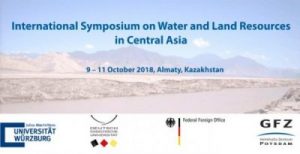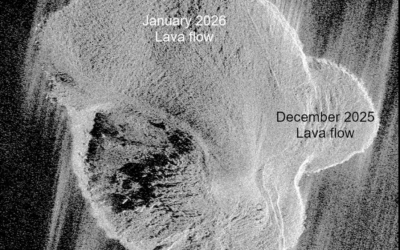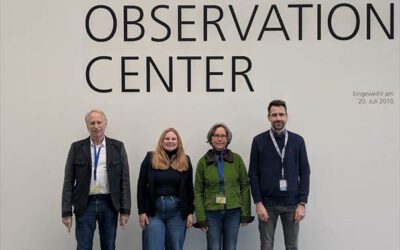Deadline for abstract submission is approaching!
The “Central Asia Water” (CAWa) project is organizing its final conference and therefore is kindly inviting you to participate into the International Symposium on Water and Land Resources in Central Asia. This conference aims to bring together the scientific community and decision-makers to discuss existing challenges on water and land resources in the region.
We are very happy to announce Prof. Dr. Wilfried Haeberli (ETH Zurich, Switzerland) and Prof. Dr. Viktor A. Dukhovniy (SIC ICWC Tashkent, Uzbekistan) as invited keynote speakers for the International Symposium on Water and Land Resources in Central Asia. They will talk about “Vanishing high-mountain ice – hydrological challenges at global to local scales” (W. Haeberli) and “Water and Land Management in Central Asia – Present Situation and Future Perspective” (V. Dukhovniy)
We highly welcome any contribution (oral, poster) from your side to this conference. The deadline for abstract submission is July 31, 2018.
Please submit your abstract to one of the below sessions:
Session 1: Climate Variability and Change (Chair: Lars Gerlitz, German Research Center for Geosciences)
Session 2: Monitoring and modeling the cryosphere (Chair: Martin Hölzle, University of Fribourg)
Session 3: Hydrology: Observations, Processes and Forecasting (Chair: Abror Gafurov, German Research Center for Geosciences)
Session 4: Using water and land resources: Challenges and sustainable solutions (Chair: Christopher Conrad, Maik Netzband, University of Würzburg)
Session 5: Natural hazards and risk (Chair: Michael Hagenlocher, United Nations University)
Session 6: Agricultural transition and natural resource management (Chair: Nodir Djanibekov, Leibniz Institute of Agricultural Development in Transition Economies and Stefanos Xenarios, Graduate School of Public Policy, Nazarbayev University, Astana, Kazakhstan)
Session 7: Practical implementation of scientific results and capacity building : Towards sustainable development in Central Asia (Chair: Sarah Schönbrodt-Stitt, University of Würzburg and Barbara Janusz-Pawletta, German-Kazakh University)
31 July, 2018 – Deadline for abstract submisson
07 Aug., 2018 – Notification of acceptance
20 Sep., 2018 – Deadline for registration
For further information on the venue of conference, the content and structure of sessions as well as presentation guidelines, please consult the CAWa Homepage.
Distribution of this conference announcement among your network with interest to Central Asian water, land and agriculture research is very much welcome.
We are very much looking forward to meeting and discussing with you in Almaty!
The CAWa team










